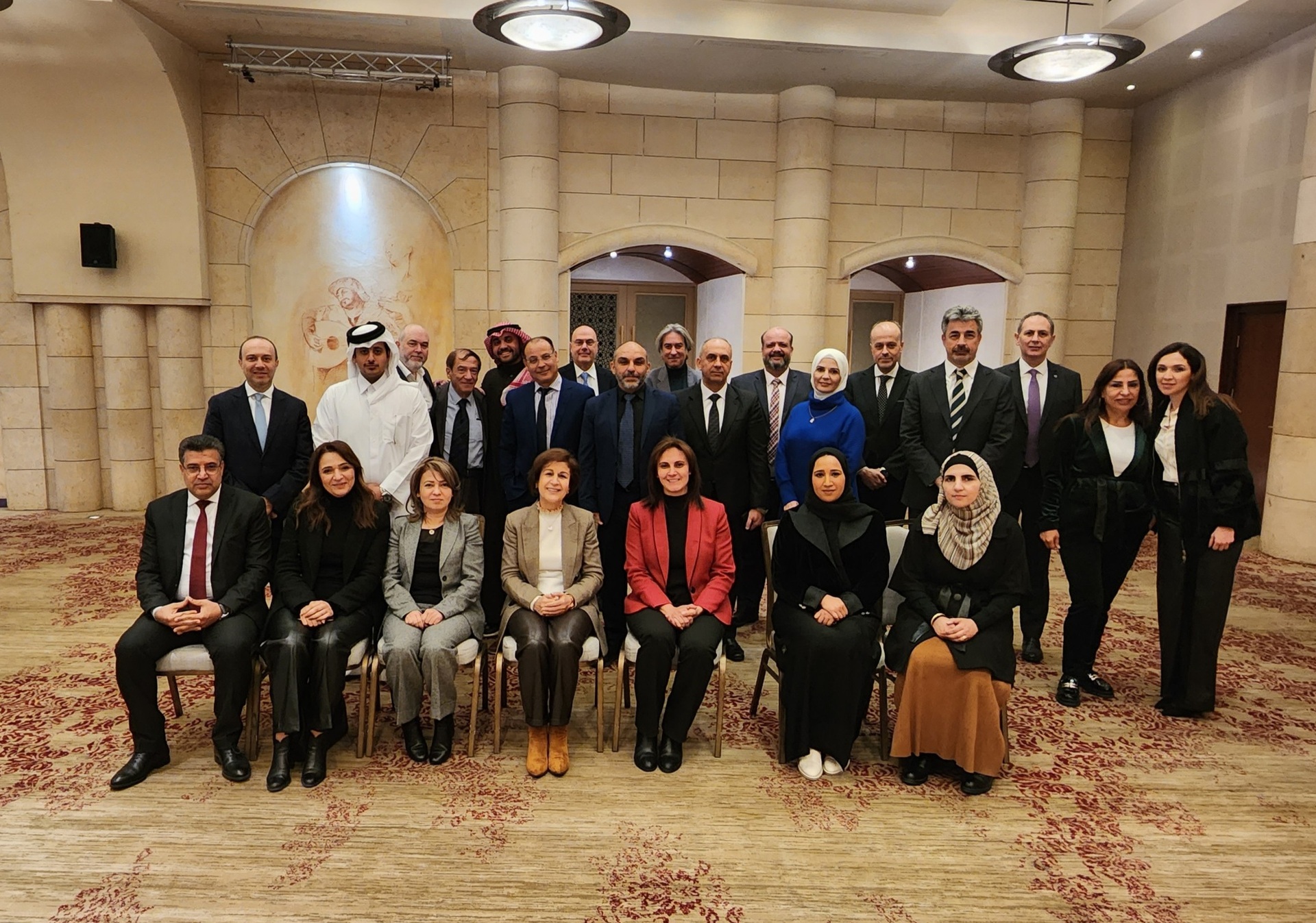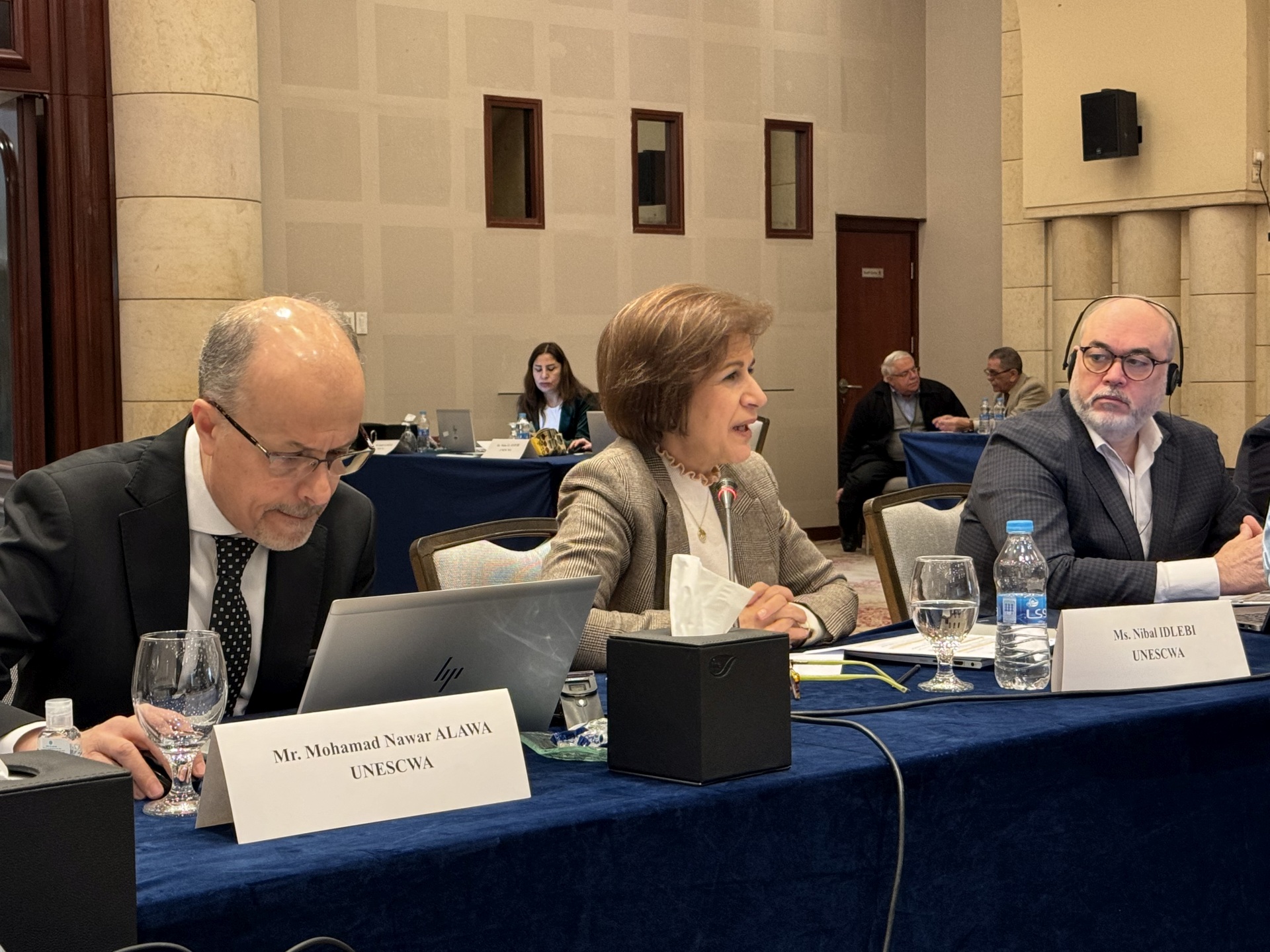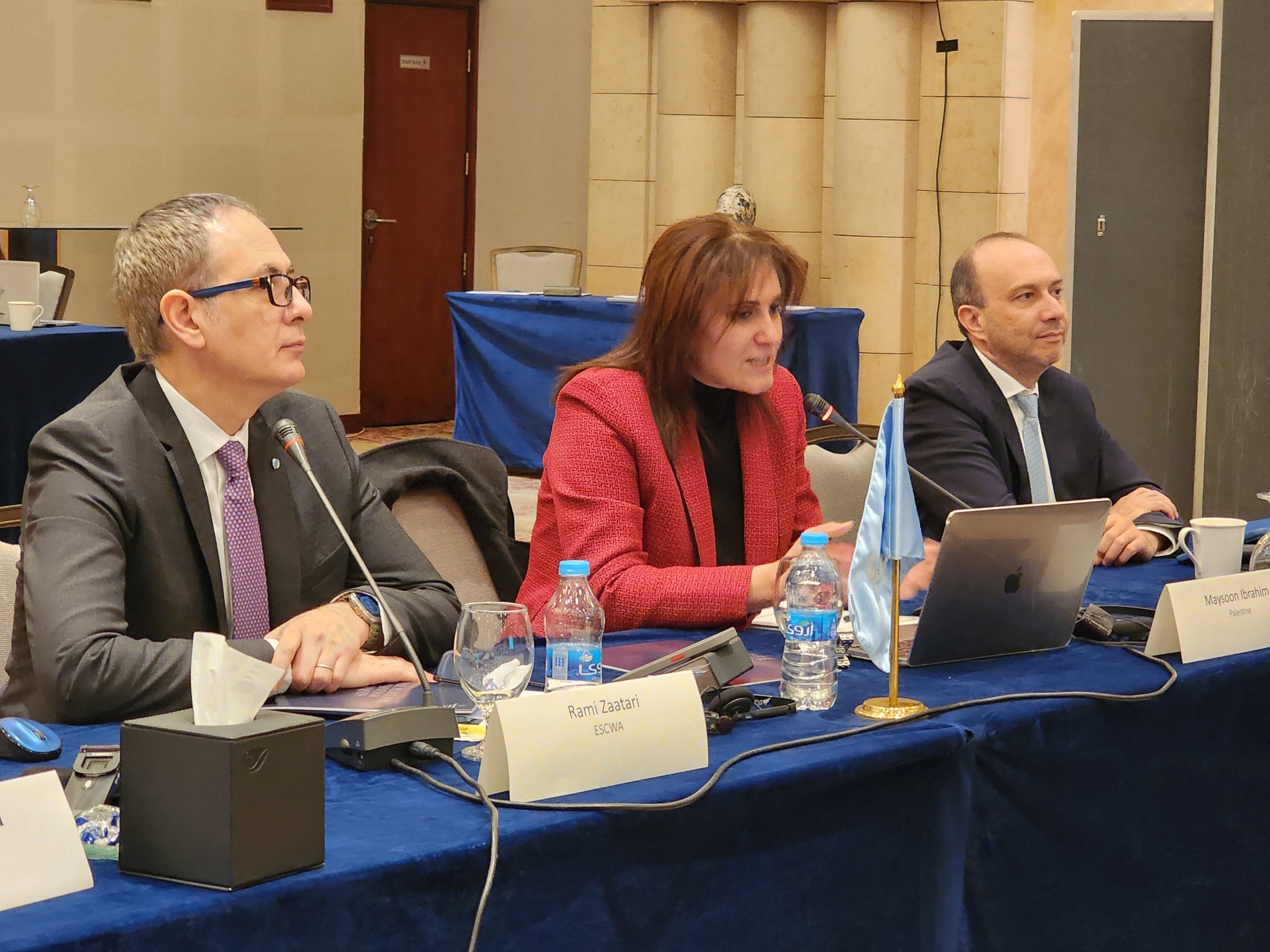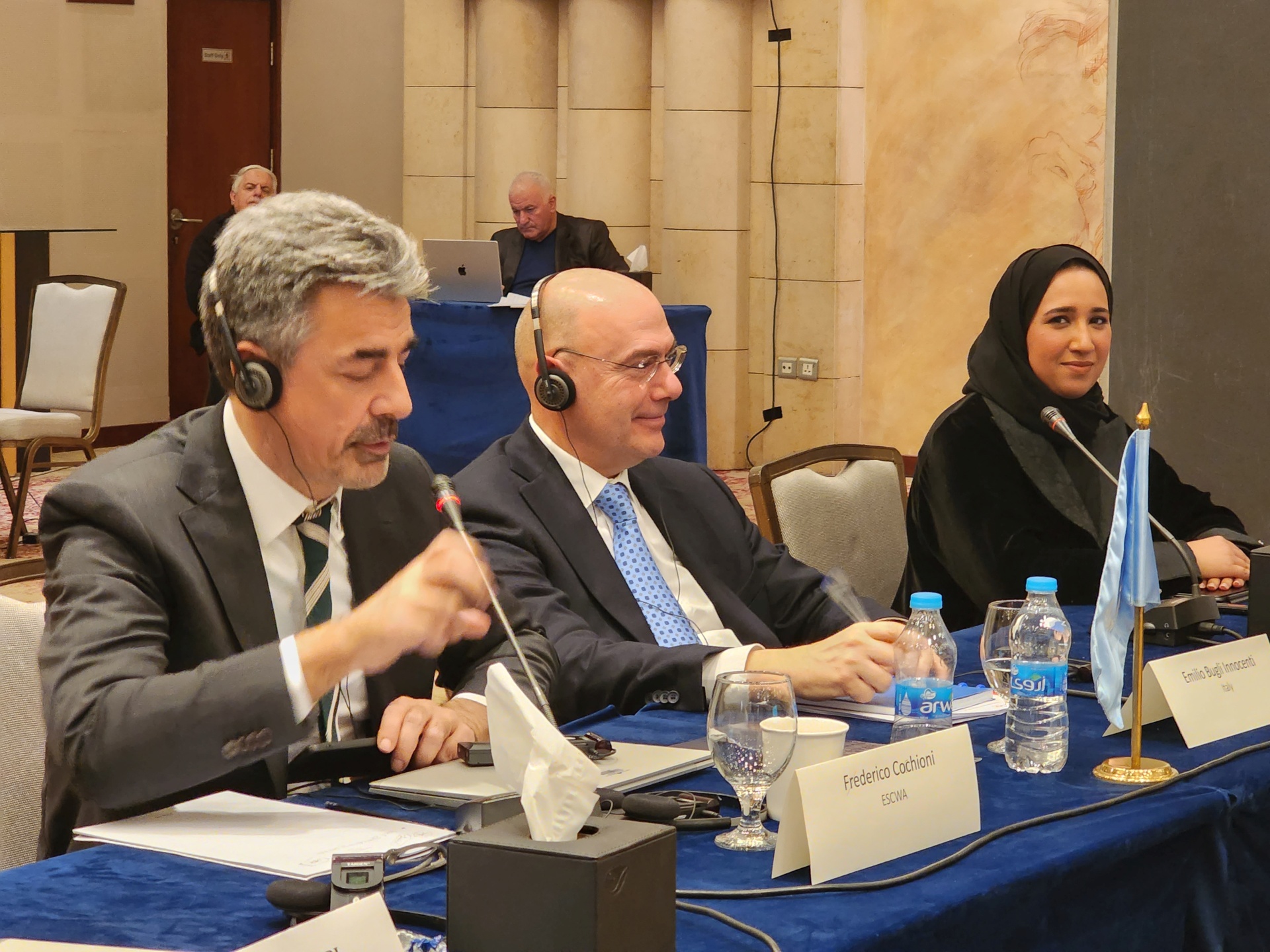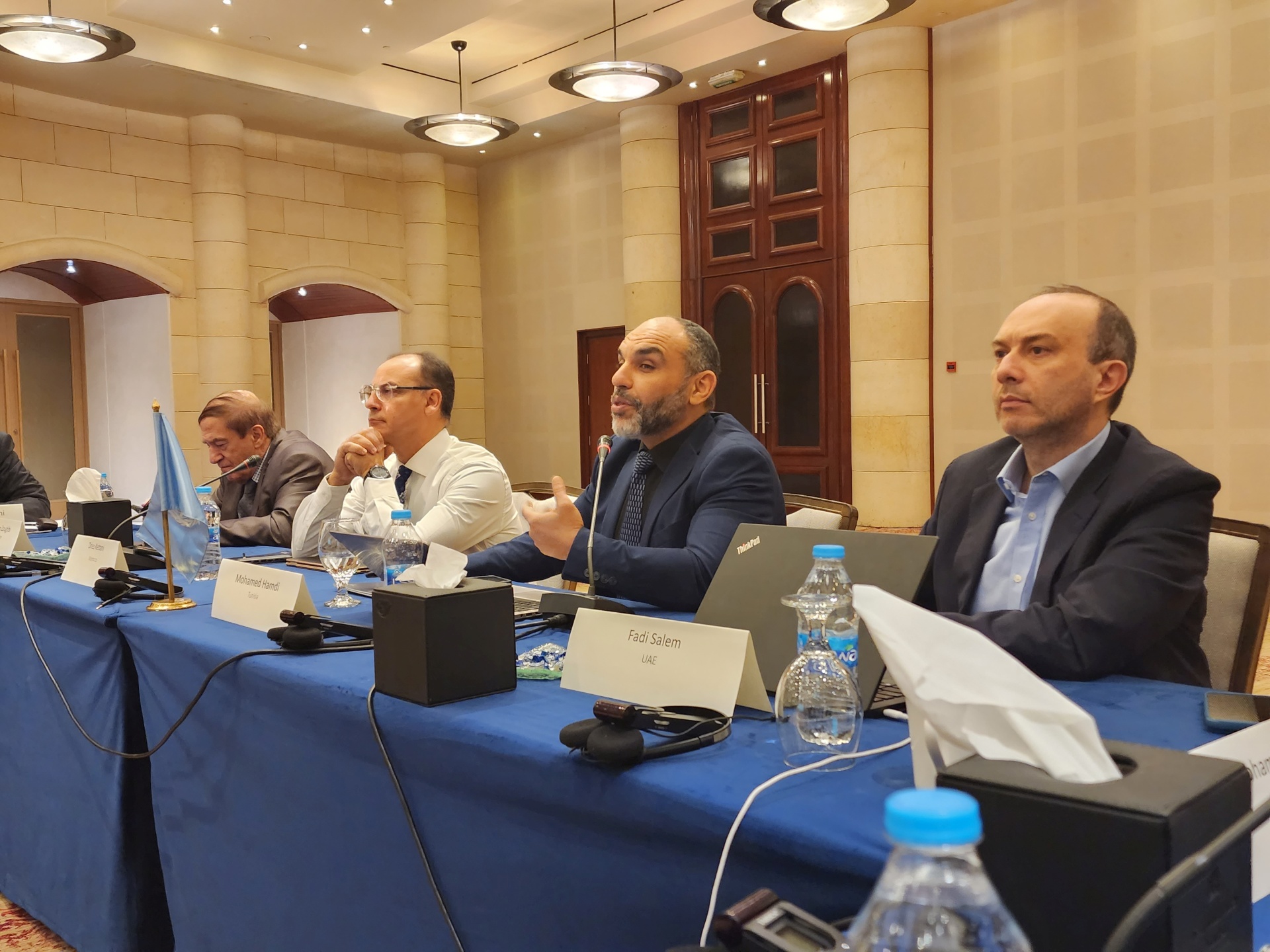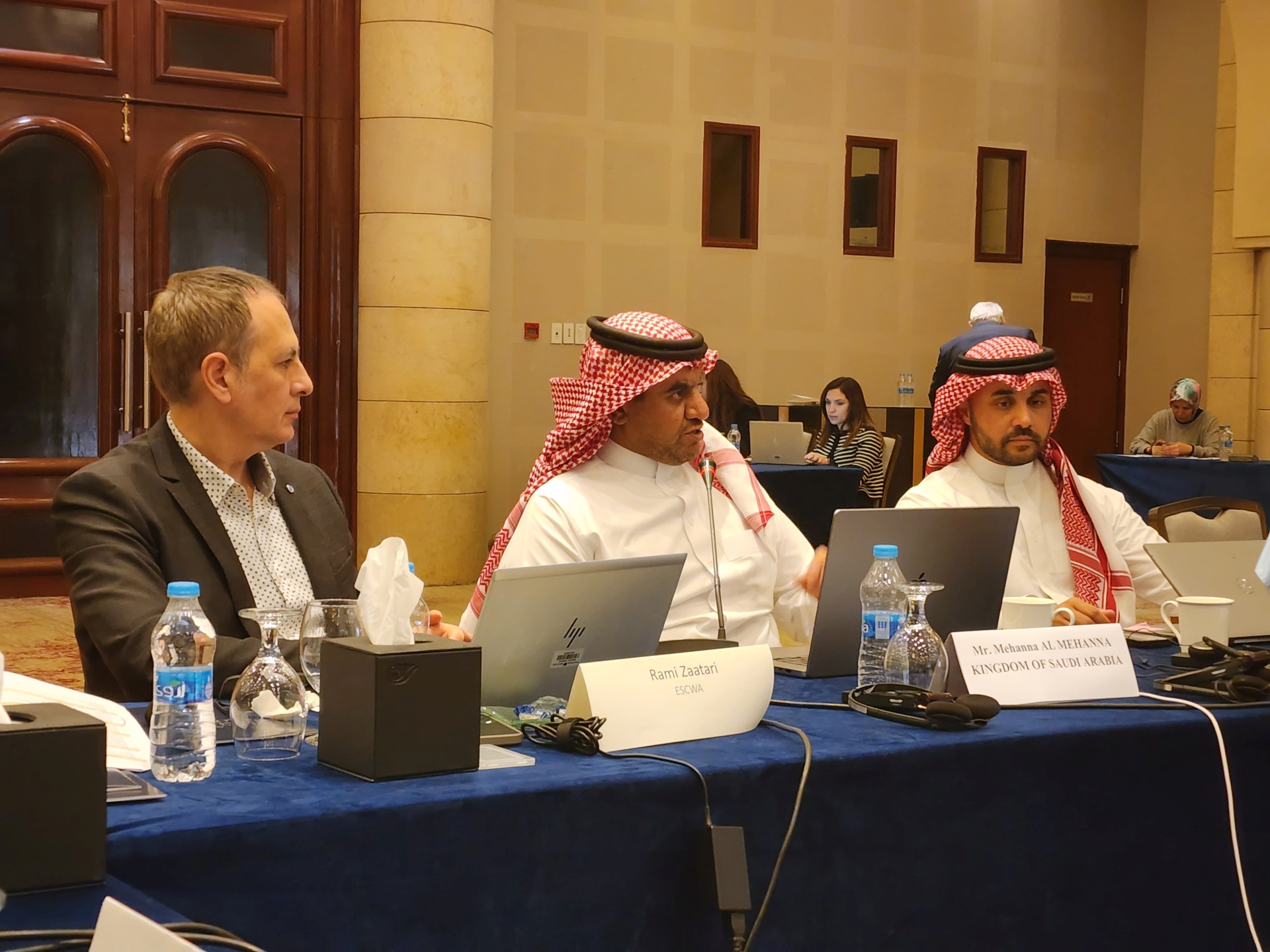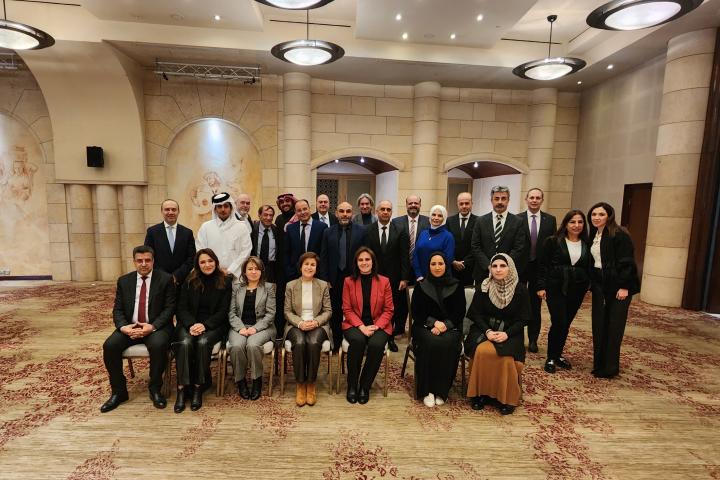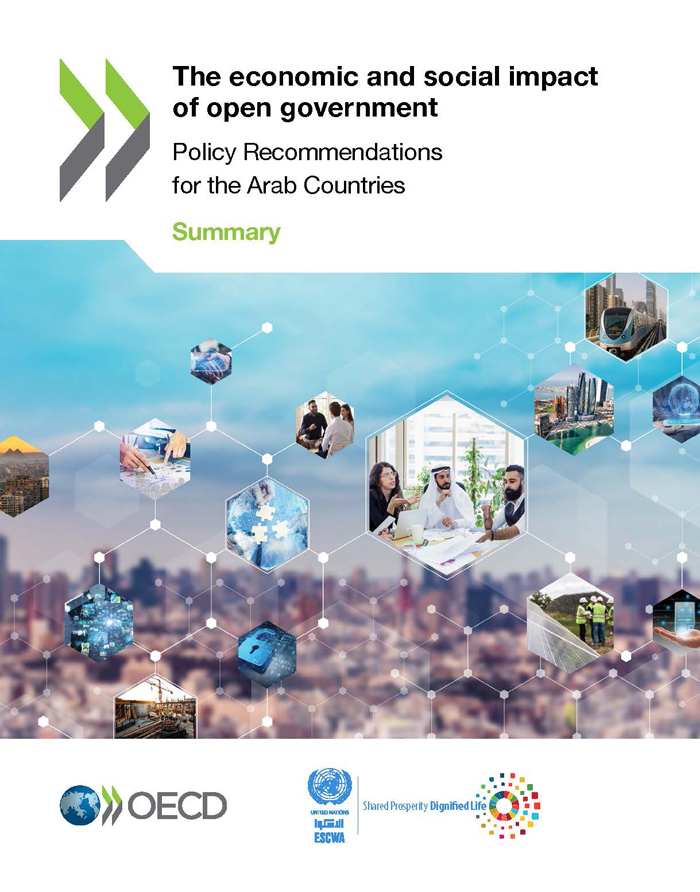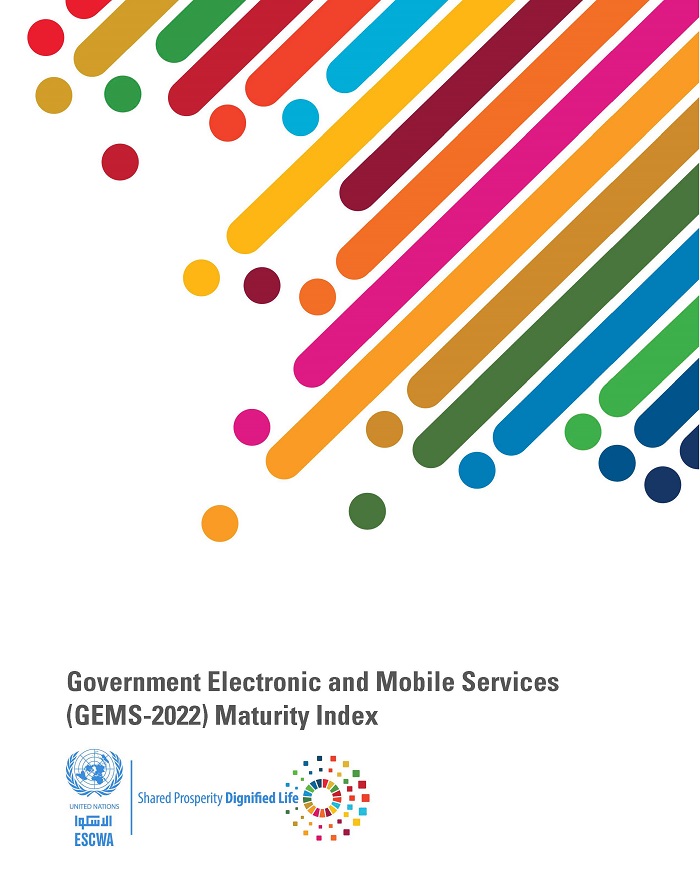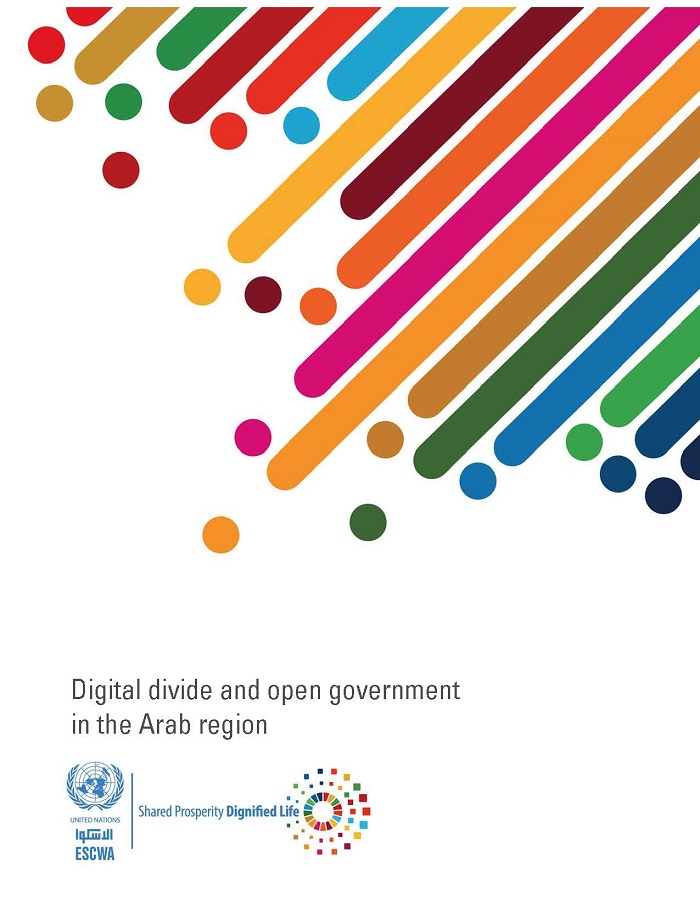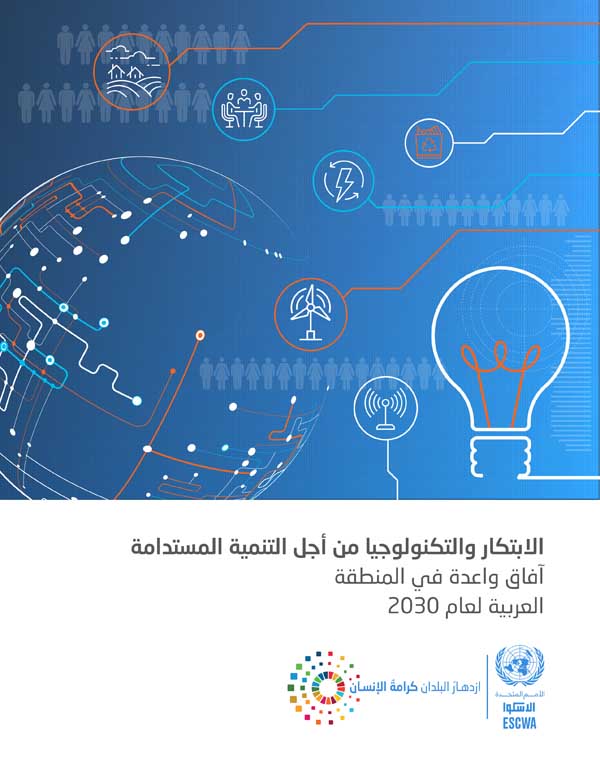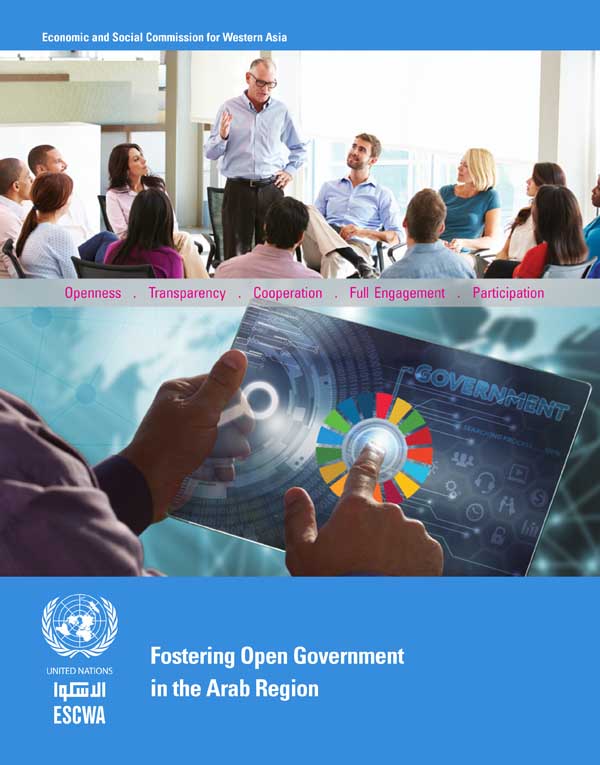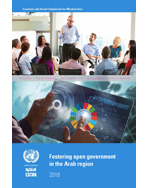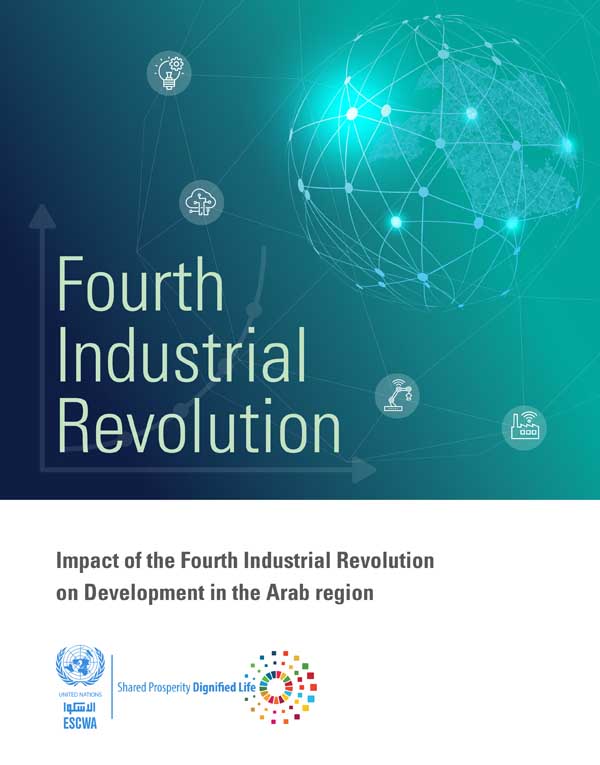ESCWA Reports
The participants acknowledged the importance of the three reports presented by ESCWA and their key messages and recommendations for the development of Arab public institutions. The participants of the meeting suggested enhancements and provided some comments. Below a short summary of these observations for each report:
- Regarding the Effectiveness report, emphasis was placed on the importance of establishing Key Performance Indicators (KPIs) to measure effectiveness from the citizens' perspective, such as conducting satisfaction surveys on delivered services.
- For the Innovation Model report, discussions revolved around the potential automation of the proposed innovation model (InnoCook) and the provision of technical assistance to support its adoption in selected contexts. Participants also recommended the development of on-line tool that facilitate the usage of the proposed model.
- For the main report on the Policies and Best Practices report, which is still under preparation, participants provided feedback and comments and they will be carefully considered for further enhancing the report.
Key messages and recommendations
- Public institutions in the Arab region are encouraged to utilize emerging technologies for the digitalization and integration of their services, advancing the digital society and economy, and accelerating progress towards the Sustainable Development Goals (SDGs).
- Emphasis is placed on promoting digital accessibility in the region, ensuring that all individuals, including people with disabilities, have equal access to digital services and information, thereby fostering a more inclusive and equitable society.
- Developing a regional framework for AI is essential to support digitalization, data-based decision-making, and bias mitigation, as well as enhance public policies and services, and ensure a responsible and ethical use of AI. For the responsible use of AI, a delicate balance is needed between privacy and security, public rights and safety, innovation and regulation, maximizing utility and risk view, and public value and economic growth.
- Investing in digital skills development and technological capabilities is necessary to prepare for the AI era. An integral part of "digital skilling" is building knowledge in digital innovation, digital economy and digital sustainability.
- Addressing data issues, including data collection, publication and update, is essential for the Arab region, especially for its pivotal role in advancing AI and other emerging technologies. Additionally, adopting a robust data governance framework that considers privacy and personal data protection is crucial for building trust in digital public services.
- Promoting open government with focus open data is essential for enhancing transparency, accountability and reducing corruption. This will certainly lead to a better governance in the Arab countries.
- Measuring progress in digital government transformation is crucial, utilizing indicators such as GEMS or others, and identifying methods to assess Responsiveness, Inclusiveness, Transparency, and Efficiency (RITE) in digital governance.
- Integrating a citizen-centric approach into government services and innovations is essential for ensuring that government initiatives are user-centric, inclusive, and efficient. This approach enables the fulfillment of people's needs and the achievement of tangible outcomes.
- Sharing and exchanging best practices of emerging technology adoption in the public sector is essential, especially the successful solutions from GCC countries, to facilitate regional knowledge exchange and collaboration among Arab countries. Building a system, such as the EU TechWatch, for categorizing and promoting best practices will be very useful for the Arab countries.
- Prioritizing the development and equitable provision of foundational digital infrastructure is essential for many countries in the Arab region. This includes reliable broadband Internet connectivity, telecommunications systems, and secure data hosting, to support digital transformation and cybersecurity and enhance trust in digital services.
- Increasing investments in the Digital Public Infrastructure (DPI) based on digital identity, digital payments, and data exchange, to empower citizens and integrate various service providers into the DPI ecosystem to maximize its impact.
- Embracing a multi-stakeholder approach is imperative for active engagement in developing innovative digital services. Through collaboration and feedback, we can significantly enhance the relevance and effectiveness of digital government initiatives, fostering a more responsive and impactful governance system.
